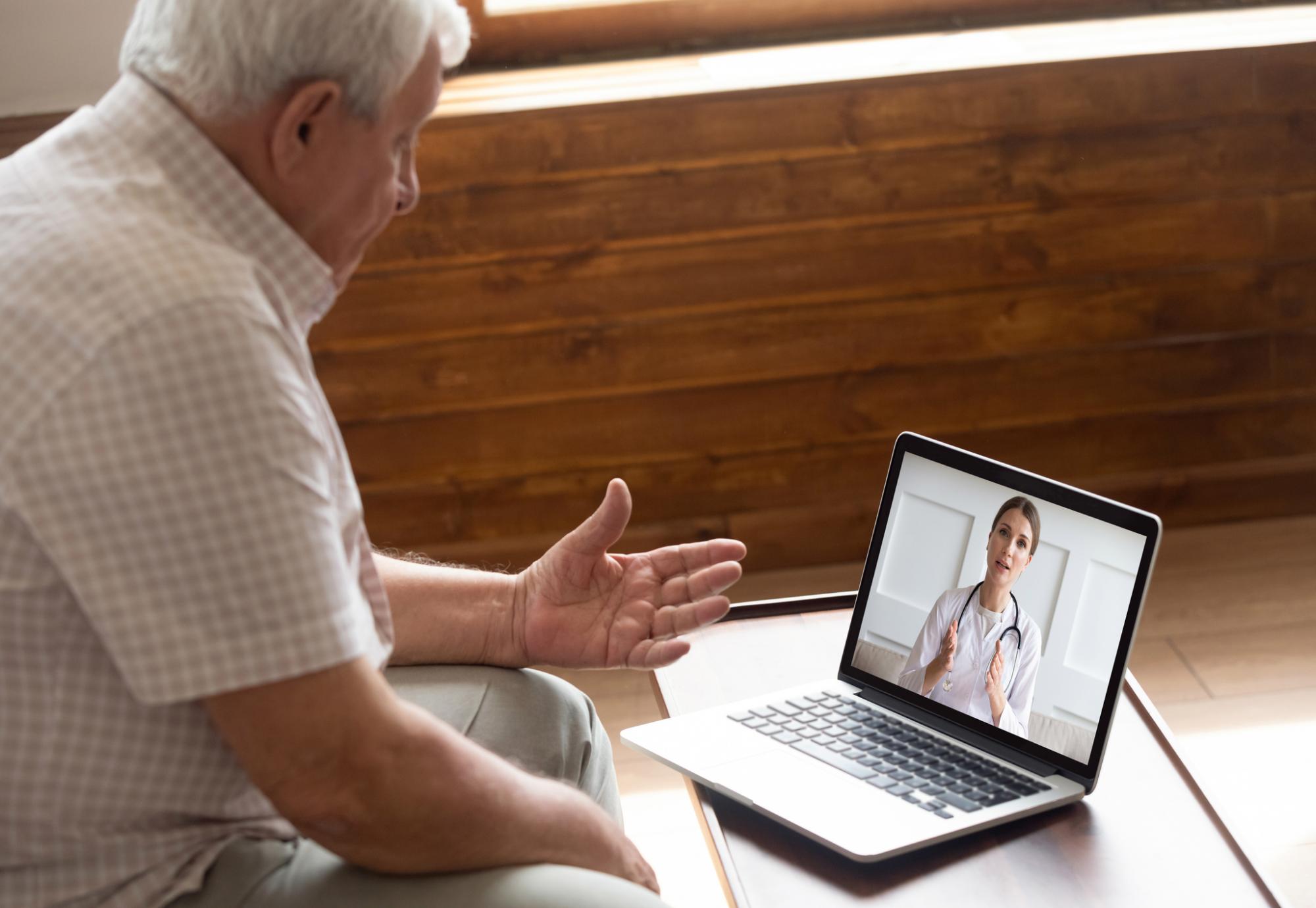Video consultations have become one of the buzzwords of the NHS throughout the last 18 months, as healthcare had to balance patient and staff safety, and managing the pandemic, alongside ensuring a continued level of care for those needing it.
But, the use of video to support NHS services is not a new innovation for the pandemic. It has certainly been scaled to a previously almost unimaginable national scale, but long before the pandemic reared its head, there were digital pioneers across the health service innovating with video.
One such pioneer was Dr Shanti Vijayaraghavan, of Barts Health NHS Trust, who had been working with her colleagues to introduce video consultations into the standard care pathways for patients in Newham, London for a decade.
Joining us on Episode 20 of NHE’s Finger on the Pulse podcast, alongside returning guest Will Warburton from the Health Foundation, Shanti explained how the ability to provide some news, results and support virtually to patients which did not require an in-person visit, allowing much greater convenience for patients.
And many of the successes Shanti and her team saw challenged the expected norms too. Digital innovation such as video consultations are often seen as cutting off many older residents, and yet some of Shanti’s patients well into their later years of life were a whizz with the technology - the diverse makeup of an area like Newham meaning that many were already accustomed to using digital tools like Skype to communicate with family and friends around the country and overseas.
Internally too, there was hesitation towards digital innovation such as video consultations, but as Will, Director of Improvement at the Health Foundation - who helped back the scheme Shanti and her colleagues were rolling out - explained this simply took people to step up, take the lead and be counted.
“It takes a lot of organisation buy-in. It takes clinical champions like Shanti; a financial and business case. There were actually quite a lot of barriers we came up against.
“There was a lot of organisational change [needed] to support video consultations.”
But, as a scheme which placed a lot of focus in ensuring peer-reviewed reporting of its successes and progress, that much-needed evidence and support soon developed, reaching a point where soon backed - putting them in a position of strength when the pandemic demanded a much broader shift to video consultations.
Listen to the full podcast episode with Shanti and Will below:



















